Ismail Haniyeh, a prominent figure within Hamas, has navigated a complex political landscape characterized by conflict, negotiations, and personal tragedy. Born in 1962 in the Al-Shati refugee camp in Gaza, Haniyeh rose through the ranks of Hamas to become a key leader in the Palestinian political arena. Currently residing in Qatar, his leadership has been marked by both controversy and resilience.
Early Life and Political Awakening: Born in 1962 in Al-Shati refugee camp, Haniyeh experienced firsthand the plight of Palestinian refugees. His involvement in the First Intifada ignited his political consciousness, leading to encounters with Israeli military detention and shaping his commitment to Hamas's resistance ideology.
Rise to Prominence in Hamas: Haniyeh's ascent within Hamas accelerated after his studies at the Islamic University of Gaza, where he forged alliances with key Hamas leaders, including Sheikh Ahmed Yassin. Appointed to lead Yassin's office, Haniyeh's influence expanded, culminating in his role as Hamas's representative to the Palestinian Authority.
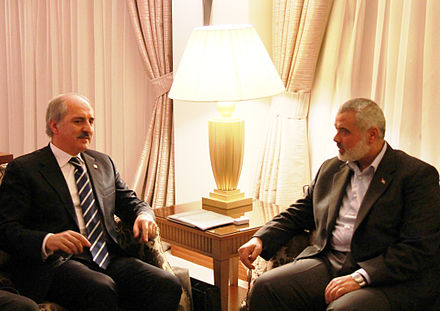
Political Ascendancy: Haniyeh's political career gained momentum after his involvement in protests during the First Intifada, leading to multiple imprisonments by Israeli authorities. Despite setbacks, he emerged as a pivotal figure within Hamas, ultimately assuming leadership roles in the organization. His tenure as Prime Minister of the State of Palestine, following Hamas's victory in the 2006 legislative elections, marked a significant chapter in Palestinian political history.
Challenges and Controversies: Throughout his leadership, Haniyeh faced numerous challenges, including economic sanctions imposed by Israel in response to Hamas's electoral success. His refusal to disarm or recognize Israel further complicated diplomatic efforts, leading to tensions with Western powers. Despite criticism, Haniyeh remained steadfast in advocating for Palestinian rights and autonomy.
Personal Tragedies and Allegations: Amidst his political endeavors, Haniyeh endured personal tragedies, with family members falling victim to Israeli airstrikes during the ongoing Israel-Hamas conflicts. Additionally, allegations of financial impropriety surfaced, with reports suggesting Haniyeh's wealth accumulation through various means, including taxes on goods entering Gaza.
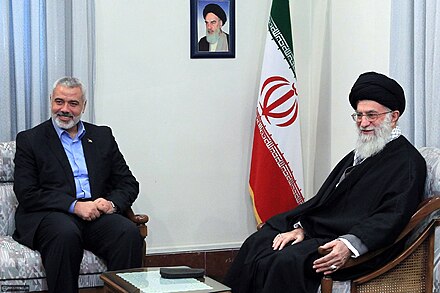
International Engagement and Diplomatic Efforts: Haniyeh's leadership extended beyond domestic affairs, engaging in diplomatic efforts and negotiations with regional and international stakeholders. Despite being designated a global terrorist by the U.S., he maintained dialogue with leaders such as Turkish President Erdogan and Palestinian Authority President Abbas, aiming to reconcile Fatah with Hamas and address ongoing conflict dynamics.
Recent Developments and Current Stance: In the midst of escalating tensions with Israel, Haniyeh has been actively involved in advocating for Palestinian rights, emphasizing the need for continued resistance and solidarity. Despite challenges, opinion polls suggest significant public support for his leadership, underscoring his enduring influence in Palestinian politics.
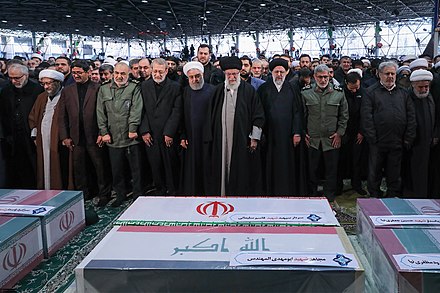
Future Prospects and Challenges: As Haniyeh's leadership continues to shape Hamas's trajectory, the path forward remains fraught with challenges. Balancing internal cohesion, diplomatic engagement, and resistance against external pressures will test Haniyeh's leadership and Hamas's resilience in the evolving geopolitical landscape of the Middle East.
As Ismail Haniyeh continues to navigate the complexities of Palestinian politics, his leadership remains central to the trajectory of Hamas and the broader Palestinian struggle. Amidst ongoing conflict and diplomatic challenges, Haniyeh's resilience and determination reflect the enduring spirit of Palestinian resilience and resistance.



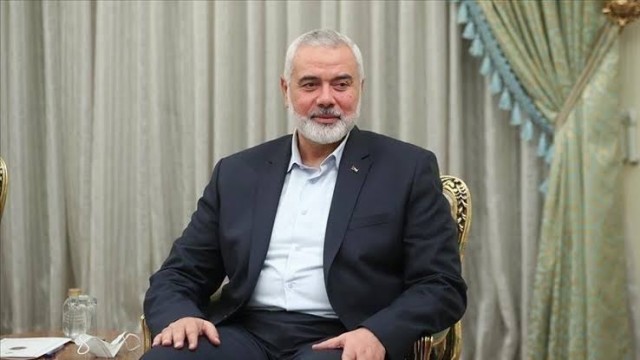
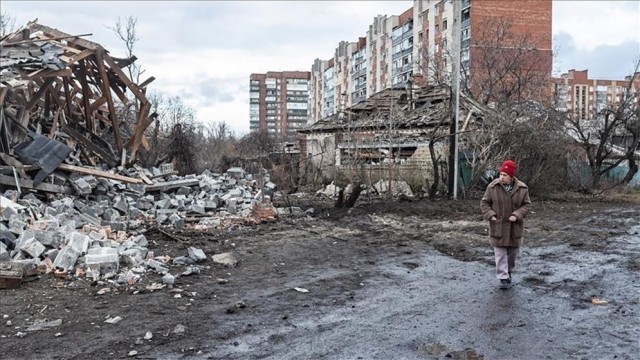

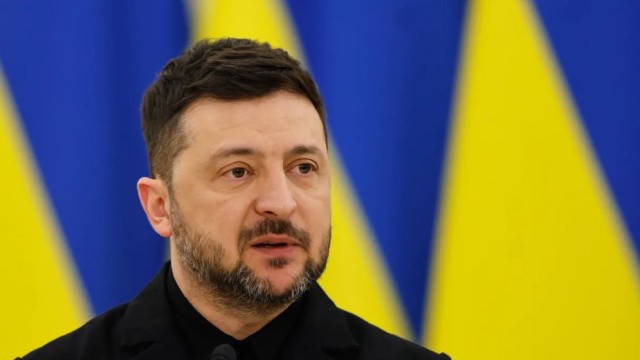

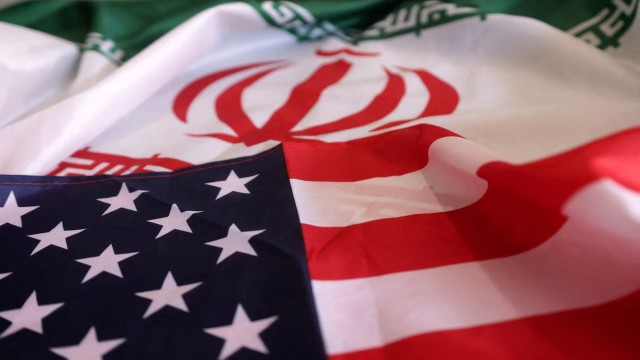




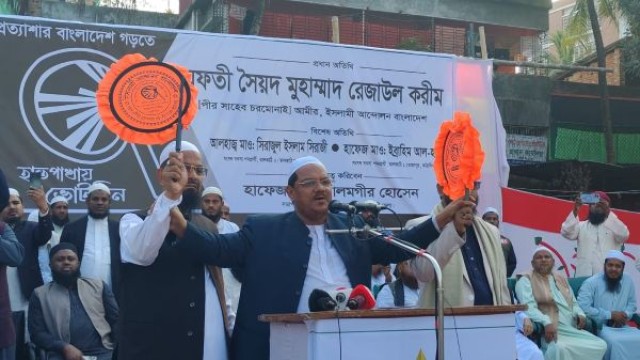

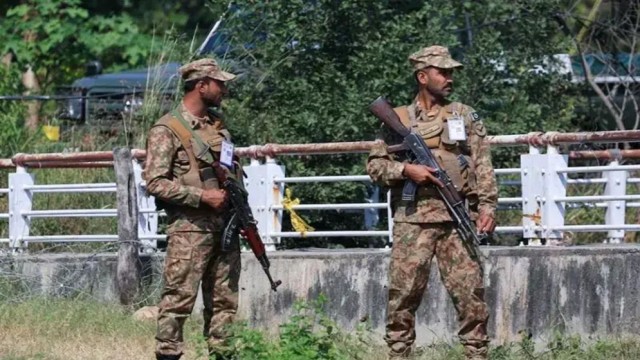
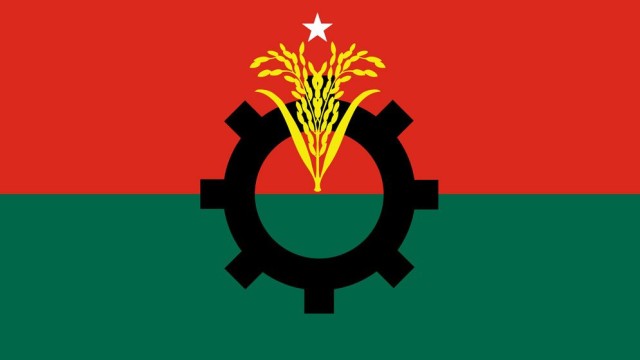














Comment: